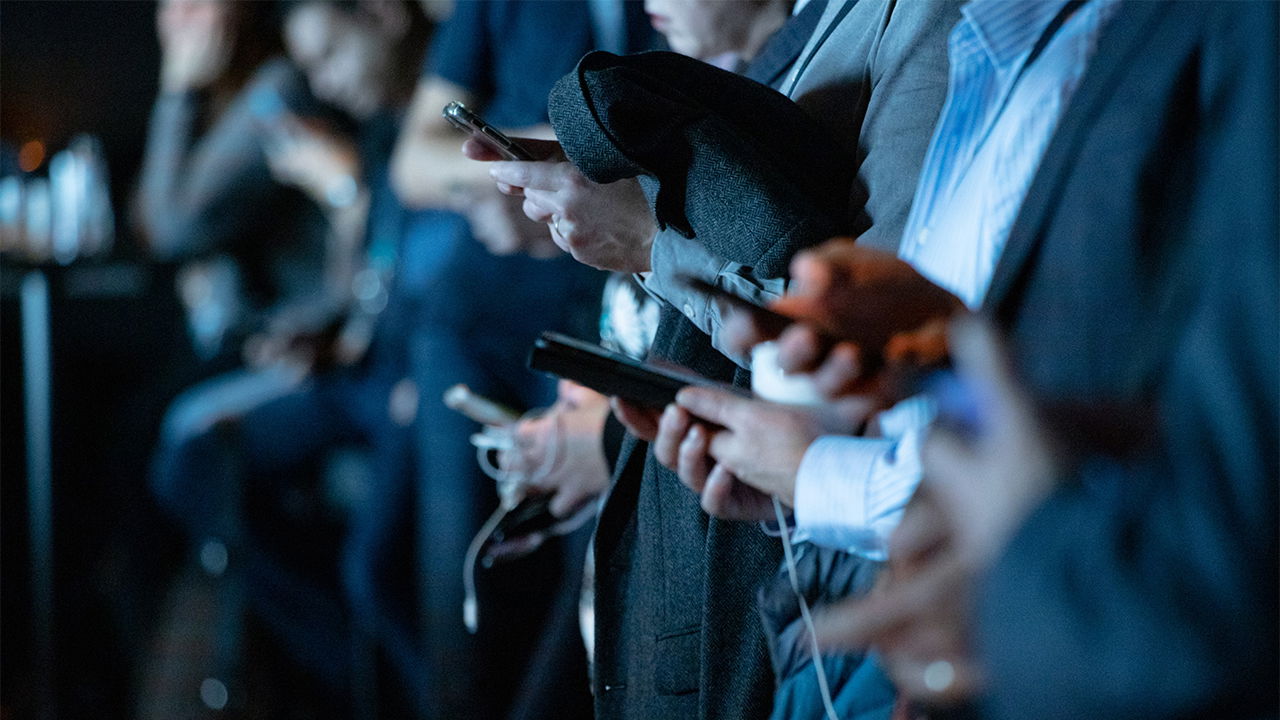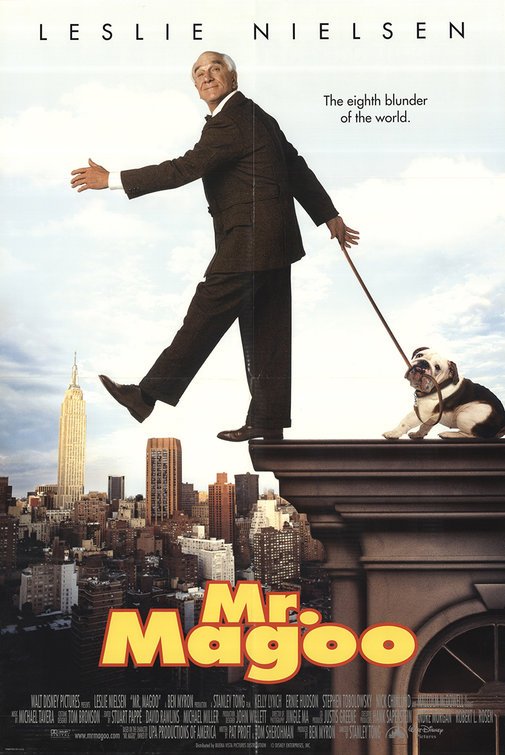
Why More and More People Are Staying Off ‘Toxic’ Social Media
Movieguide® Contributor
As more people keep their lives private from social media, it’s making space for ads and news. But that’s fine by many.
“If you’ve noticed fewer posts from your actual friends in your social media feeds lately, you’re not imagining things. According to reporting by the Wall Street Journal, fewer and fewer people are posting about their lives online,” Buzzfeed reported earlier this year. “Instead of updates from your college besties and posts from your wacky aunt, your feeds are now more likely to be full of sponsored posts, ads, recommendations from the almighty algorithm, and brand accounts.”
Buzzfeed asked its community why they limited or quit social media. One thirty-five-year-old said:
“I used to be on Facebook and Instagram constantly. I was one of those awful people who spent time getting into pointless arguments in the comments section. It was legit causing anxiety, FOMO, and myriad other mental health issues. I got rid of FB completely two years ago, and now I only have a private Instagram page that I rarely post on.”
“I feel insanely better. I’m much less confrontational and able to really focus on the people and hobbies in my life in a much healthier way. I show up to every interaction with more intention and clarity.”
“I still enjoy an Instagram scroll every once in a while, but I never comment on anything anymore, and it’s all for the better! I also genuinely don’t care about missing the latest social media trends. I find them to be mostly wasteful, boring, and unnecessary. I enjoy just living my life for me and not for any social media clout!”
Other people chimed in about being addicted and suffering from health issues or lack of sleep. Users realized they weren’t using social media as they originally intended—for connecting with friends and family.
One person said social media, “became an outlet for doomscrolling and rage commenting and, more often than not, was a massive time suck that left me feeling depressed at how much time I wasted. With all the bad things going on in the world around me, social media became yet another conduit for a poor mental health outlook.”
“I removed Facebook during the first Trump election. It was far too toxic. I removed Instagram because I spent too much time just scrolling through,” another user said. “I removed LinkedIn because the toxicity was hidden but would appear at the most random times.”
“I removed TikTok because I felt I was wasting too much time just scrolling through it. While social media seemed like a good idea, we as humans just have to **** things up and turn a good idea into a nightmare,” the user continued. “I’m happy to be the weirdo who has no social media presence. I don’t miss it, and it surely does not miss me.”
Everyone who quit or limited their social media use reported feeling better and healthier.
The New York Times released an article last year about how social media is becoming less about connecting with others and fewer people are using it for its original purpose.
While all generations still say they have social media primarily to stay in touch with family and friends, statistics by GWI show that a top reason why Gen Z uses social is to just fill their spare time. Gen Alpha in particular use social media to determine what kind of brands and products they like.
“There’s been an 11% year-on-year rise in the number of teens who say finding things to buy is one of their main reasons for using social,” GWI said.
“Today, Instagram and Facebook feeds are full of ads and sponsored posts,” the NY Times noted. “TikTok and Snapchat are stuffed with videos from influencers promoting dish soaps and dating apps. And soon, Twitter posts that gain the most visibility will come mostly from subscribers who pay for the exposure and other perks.”
Right now, social media is a mixed bag. But whether it’s idle scrolling through content from influencers and advertisers, news, or photos of your friend’s pet, too much time on social media can be detrimental.
Movieguide® recently reported on social media addiction:
The brain responds similarly to social media use as it does to substance abuse addiction.
“When we receive likes, comments, or messages on social media, our brains release dopamine, a neurotransmitter associated with pleasure and reward. This dopamine hit creates a feeling of satisfaction, encouraging us to find more engagement on social media to keep experiencing the same pleasure,” Hackensack Meridian Health said.
… “As with a slot machine, users are beckoned with lights and sounds but, even more powerful, information and reward tailored to a user’s interests and tastes,” The NY Times said.
Questions or comments? Please write to us here.


 - Content:
- Content: 

